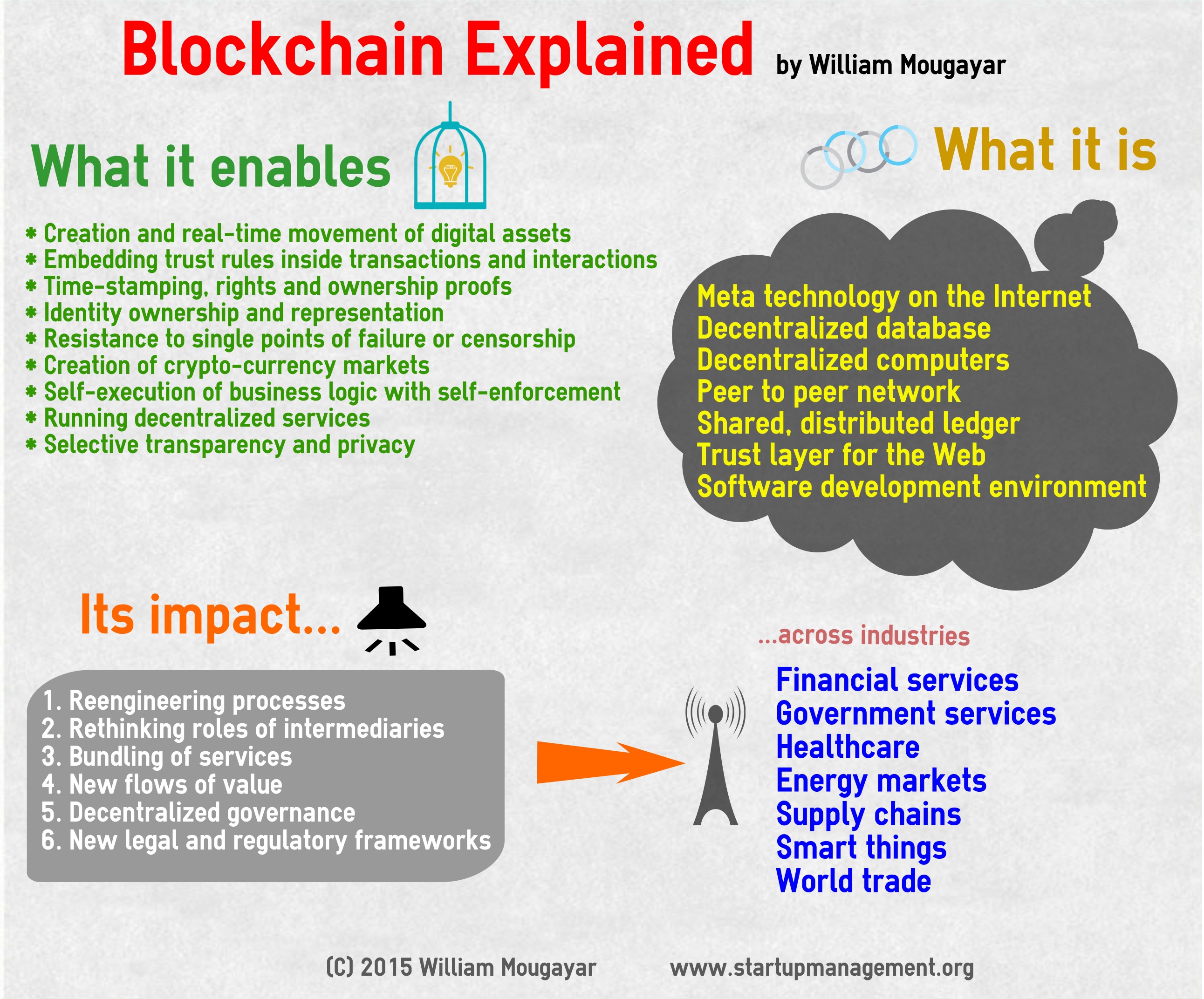The Impact of Blockchain on Data Management and Analytics

Blockchain technology has emerged as a transformative force in various industries, and its impact on data management and analytics is no exception. Here are key aspects of how blockchain revolutionizes these domains:

Enhanced Data Security and Trust:

Blockchain’s distributed ledger technology provides an immutable and transparent record of data. Each transaction or record is linked to previous ones, creating a chronological chain that is resistant to tampering or fraud. This inherent security enhances trust in data and streamlines data sharing among multiple parties.
Improved Data Quality and Integrity:
The decentralized nature of blockchain ensures data integrity by eliminating single points of failure. Each node in the network keeps a copy of the ledger, making it virtually impossible to alter or remove data. This ensures data remains consistent and reliable, facilitating accurate and actionable insights.
Efficient Data Sharing and Collaboration:
Blockchain enables seamless data sharing between different organizations and stakeholders. Through shared ledgers, parties can securely access and exchange data without compromising privacy. This collaboration enhances data analytics efforts by providing a holistic view of data from multiple perspectives.
Decentralized Data Management:
Blockchain eliminates the need for centralized data repositories. Instead, data is distributed among network participants, reducing the risk of a single entity controlling or manipulating data. This decentralization empowers data owners and promotes data autonomy.
Real-Time Data Analytics:
Blockchain’s real-time transaction processing capability enables near-instantaneous data analysis. As data is added to the blockchain, it becomes available for analytics immediately, allowing organizations to make informed decisions based on the most up-to-date information.
Enhanced Data Traceability and Provenance:
The immutable nature of blockchain provides complete data traceability. Every transaction or change recorded on the blockchain can be traced back to its origin, ensuring accountability and transparency. This enables thorough data lineage analysis and auditing, which is crucial for data quality assurance.
Applications in Data Management and Analytics:
Blockchain’s impact extends across various aspects of data management and analytics:
- Supply chain management
- Healthcare record keeping
- Financial transactions
- Regulatory compliance
- Scientific research data sharing
In conclusion, blockchain technology has a profound impact on data management and analytics. It enhances data security, improves data quality, facilitates seamless data sharing, promotes decentralization, enables real-time data analytics, and ensures data traceability. By embracing blockchain, organizations can unlock the full potential of their data, leading to more efficient operations, better decision-making, and increased trust in data-driven insights.
